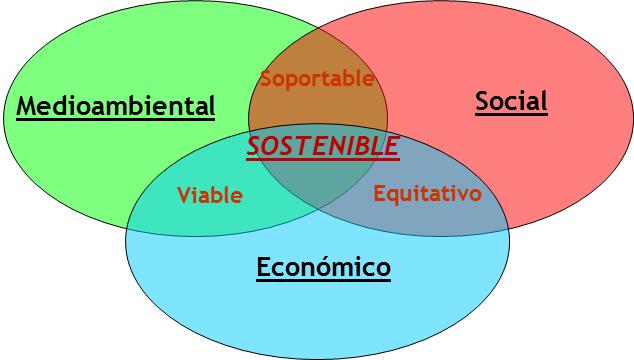Although there is no unanimously agreed definition of sustainability, the concept of sustainable development introduced in 1987 by the United Nations World Commission on Environment and Development (WCED) in the so-called Brundtland Report (entitled “Our Common Future”) is the most frequently cited definition and has since become the generally accepted model of what society's development should be: “Sustainable development is a process of change in which the exploitation of resources, the direction of investments, the orientation of technological development and institutional change are all in harmony and enhance both current and future potential to meet human needs and aspirations”.
Another abbreviated formulation of this concept, which is very often used, is the following: “Sustainable development is development which meets the needs of the present without compromising the ability of future generations to meet their own needs”.
Sustainability, therefore, is not purely an environmental issue.
Today, sustainable development is often described schematically in three circles or pillars representing the three dimensions covered by the concept of sustainability: environmental, social and economic.
In the field of bioenergy, particularly in the biofuels sector, many initiatives have been developed in recent years aimed at ensuring sustainability. An example of this is the introduction of the sustainability requirement for biofuels and bioliquids into the European Renewable Energy Directive. Their sustainable production and use can make a significant contribution to emission reductions, socio-economic development and energy security.



